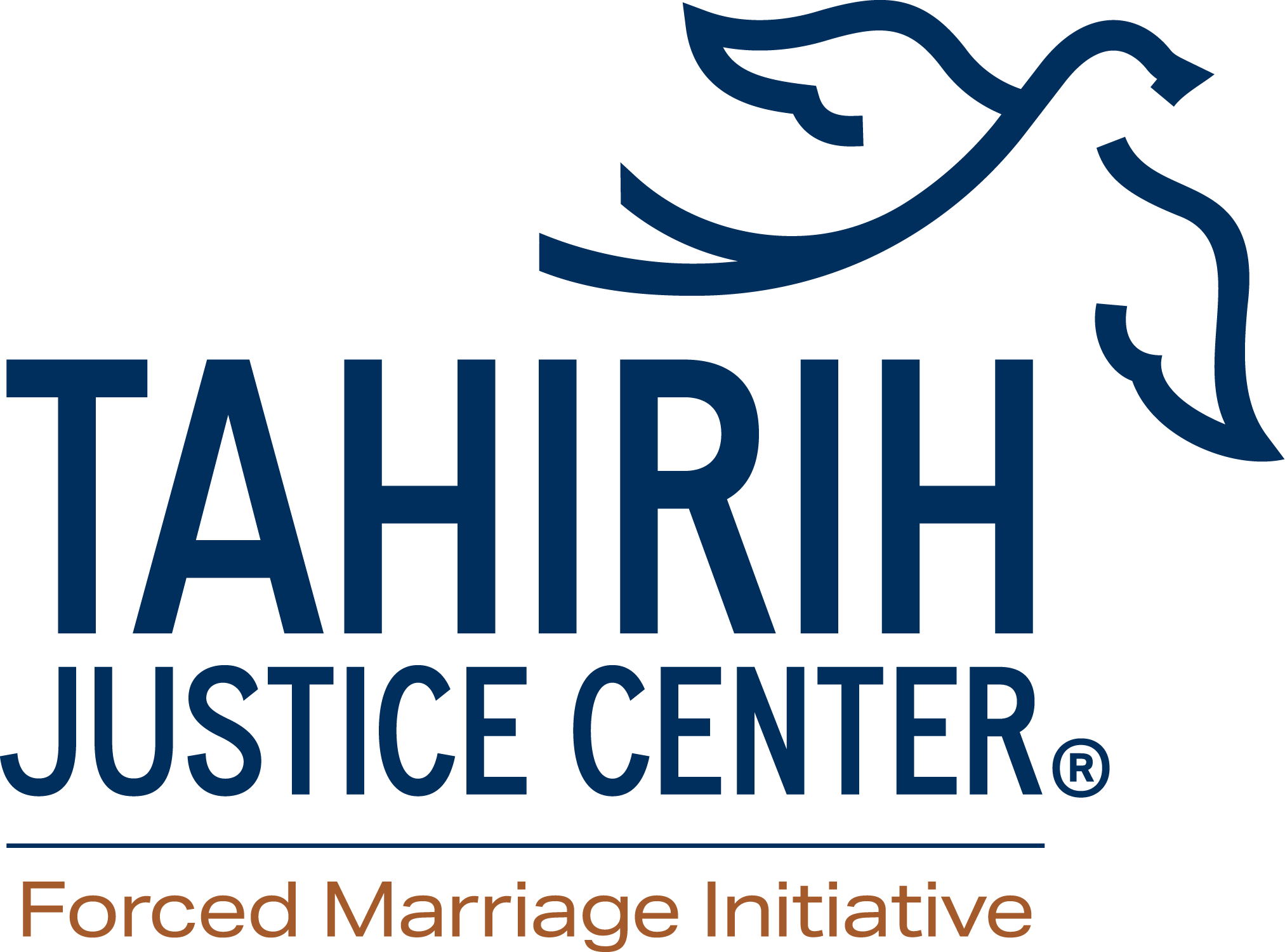Forced Marriage Overseas: Kuwait
Overview
Individuals from the United States may face substantial challenges if trying to avoid or escape forced marriages in Kuwait. While there is little data regarding rates of violence against women in Kuwait, domestic abuse is thought to be widespread.1 Laws in Kuwait offer victims scant protection, and there are few resources for victims of abuse. Women in Kuwait generally have little autonomy and control over decisions related to marriage.
For further information and guidance for individuals from the U.S. that are facing or fleeing a forced marriage in Kuwait, please contact the Forced Marriage Initiative.
Marriage in Kuwait
Girls and women in Kuwait have limited rights when entering into or attempting to dissolve a marriage. Practices related to marriage are governed by both Shi’a and Sunni interpretation of Sharia law, which generally vests male guardians with the right to make life decisions and contract for women and girls.2 Per Kuwait Family and Personal Status Law, a marriage is legitimate so long as the parties have reached puberty and are of sound mind, though the marriage contact will not be recognized in court unless the female is 15 years of age and the male 17 years of age.3
While woman may initiate divorce proceedings, judges often only grant such petitions as a last resort – instead encouraging counseling and reconciliation,4 and with high hurdles to prove abuse.5 Kuwaiti men are also allowed to have up to four wives, and divorce in the event of another marriage can only be initiated if there is a clause in the original marriage contract establishing that right for the current wife. Women pursuing divorce may also have to relinquish rights to her husband’s property and assets (particularly if she would like to obtain a divorce relatively quickly). While custody of small children is often granted to the mother, an ex-husband can request custody if his former wife re-marries. Non-Muslims are generally not granted custody of a child over 5 years old.6
Potential Risks and Protections in Country
There is little information on law enforcement and courts’ response to situations of violence against women and girls in Kuwait. There is no specific law against domestic violence, which is considered a family affair, and victims are often afraid or ashamed to file complaints with the authorities.7 Police and medical professionals are often not trained to work with victims of domestic violence, and families may attempt to bribe law enforcement to cease investigations or drop charges.8
While statutorily some forms of violence against women (including rape and forced prostitution) can be punished with lengthy sentences and/or the death penalty, this does not frequently occur, and in cases of rape the perpetrator can avoid punishment by marrying the victim. Courts can also issue reduced sentences in cases of “honor” related crimes. There are also no official hotlines or shelters, and very few agencies providing services for victims of violence.9
Special Challenges in Returning to the United States
Individuals from the United States that are fleeing forced marriage situations in Kuwait may face challenges when attempting to leave the country. Married woman must have the consent of her husband before obtaining a passport.10 Women need the permission of her husband or a court in order to leave the country with her children, even if she is divorced and has been granted custody.11 Travel bans can be initiated for many reasons (including by a father to prevent a mother from leaving with their child or if a legal case is pending), and are strictly enforced at airports and other borders.12 Please check the entry and exit requirements for Kuwait for the most up to date information.
- The Tahirih Justice Center Forced Marriage Initiative
We are available to help individuals from the United States who are facing or fleeing forced marriage in Kuwait, including providing phone, text, and email support, connecting with the U.S. government and local resources, and coordinating shelter and services back in the United States.
- The U.S. State Department
The State Department is available to assist U.S. citizens that are victims of forced marriage with replacement of travel documents and return travel to the United States. For updated information and travel alerts, please visit the department’s webpage on international travel in Kuwait. - U.S. Embassy Kuwait City
Contact the embassy in the case of an emergency.
Tel: (965) 2259-1583
Email: kuwaitACS@state.gov
REFERENCES
1 Lisa Conrad, One in three women in Kuwait is a ‘domestic violence victim’, Kuwait Times (July 5, 2011).
2 Haya Al-Mughni, Women’s Right in the Middle East and North Africa: Progress and Resistance, Kuwait Chapter (2010) available at http://www.freedomhouse.org/sites/default/files/inline_images/Kuwait.pdf; Visit Kuwait; Living in Kuwait, available at http://www.visit-kuwait.com/living/marriage-law.aspx (last visited August 25, 2014).
3 Kuwait Family and Personal Status Law 51/1984, Articles 24, 26; Emory Law, Kuwait, State of, available at http://www.law.emory.edu/ifl/legal/kuwait.htm (last visited August 25, 2014).
4 US Embassy in Kuwait, Family Law in Kuwait, last visited January 9, 2015, available at http://kuwait.usembassy.gov/region_specific_information/family-law-in-kuwait.html.
5 Haya Al-Mughni, Women’s Right in the Middle East and North Africa: Progress and Resistance, Kuwait Chapter (2010), available at http://www.freedomhouse.org/sites/default/files/inline_images/Kuwait.pdf
6 US Embassy in Kuwait, Family Law in Kuwait, last visited January 9, 2015, available at http://kuwait.usembassy.gov/region_specific_information/family-law-in-kuwait.html.
7 Haya Al-Mughni, Women’s Right in the Middle East and North Africa: Progress and Resistance, Kuwait Chapter (2010), available at http://www.freedomhouse.org/sites/default/files/inline_images/Kuwait.pdf.
8 Kuwait Justice System and National Police Handbook, Ibpus.com, USA International Business Publications (2007), at 35.
9 Haya Al-Mughni, Women’s Right in the Middle East and North Africa: Progress and Resistance, Kuwait Chapter (2010), available at http://www.freedomhouse.org/sites/default/files/inline_images/Kuwait.pdf.
10 Kuwait Justice System and National Police Handbook, Ibpus.com, USA International Business Publications (2007).
11 US Embassy in Kuwait, Family Law in Kuwait, last visited January 9, 2015, available at http://kuwait.usembassy.gov/region_specific_information/family-law-in-kuwait.html.
12 Pandari Shetty, Check Up for Travel Bans Before Leaving Kuwait, Mangalore Information (June 16, 2014), available at http://www.mangaloreinformation.com/gulf-news/kuwait-news/1497-check-up-for-travel-bans-before-leaving-kuwait-; see https://www.kuwaitcourts.gov.kw/mojweb/NGeneral/Main.jsp to access government database for travel ban.



